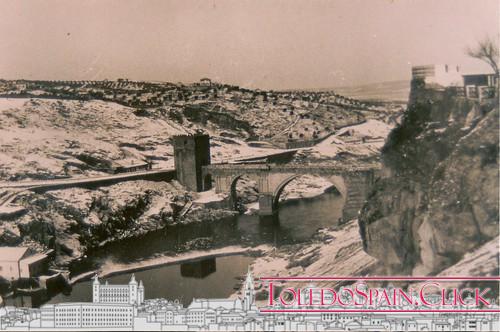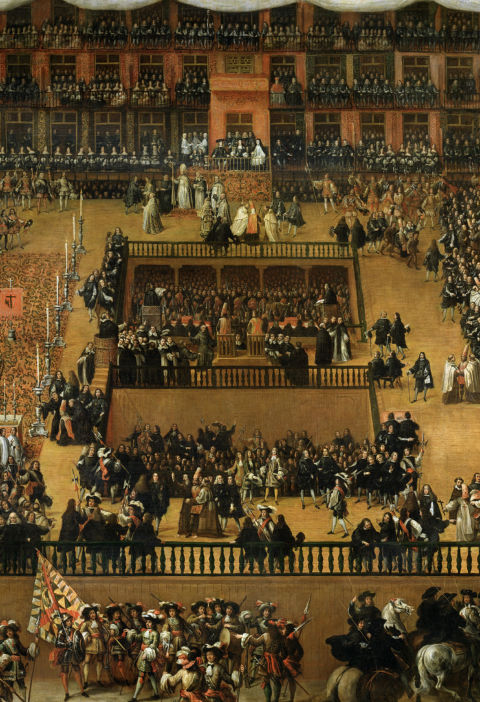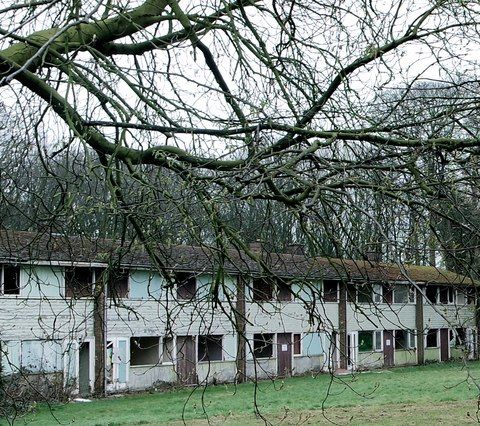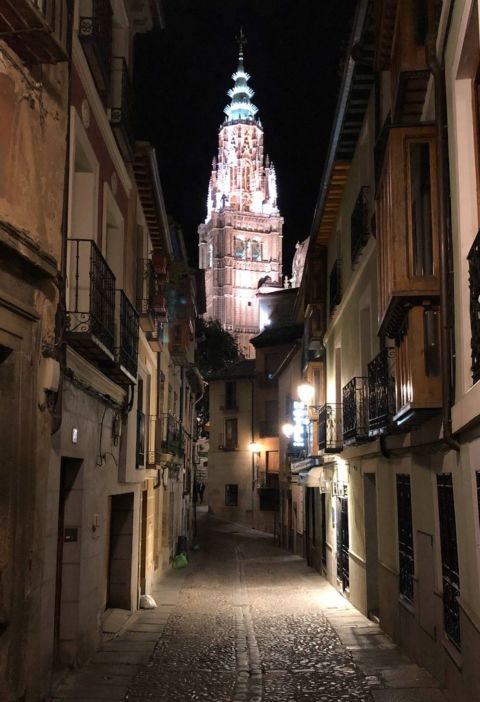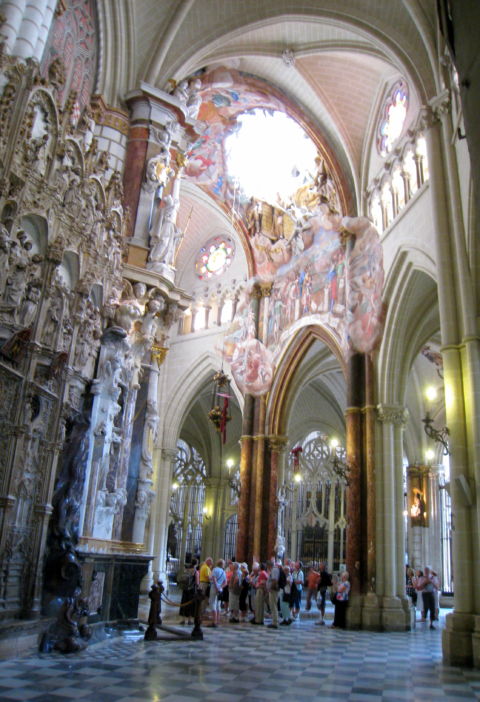Contrary to popular belief, historically Toledans have been quite “rebellious” to authority. Suffice it to say that the example we are now bringing, related to the Inquisition and which occurred more than 500 years ago, is enough.
In May 1485, Cardinal Mendoza allowed the “Holy Office” to settle in Toledo, so that, among other things, those who believed themselves guilty could “discharge their consciences”…, although they mainly arrived to reconcile the so-called “Judaizers” with the Church. He did not do it before due to the opposition of the former archbishop influenced by the powerful presence of the Toledan converts, who rightly saw their businesses, properties and lives in danger.
The arrival of the Inquisitors provoked the resistance of an important sector of the city. Local converts made plans to organize a revolt. They planned to assassinate the Inquisitors” and the entire Christian population “on June 2, 1485, when the Corpus Christi procession passed through the Four Streets, but the plot was discovered before it was carried out. A major mayor of converse descent, the bachelor De La Torre, was at the head of the conspiracy; the day before they were discovered, and the corregidor Gómez Manrique had six of those involved arrested and hung without contemplation.
Another episode of opposition to the Holy Office in Toledo occurred in 1519. In the month of June some pasquines appeared in the city representing the inquisitors Sancho Vélez and Juan de Mendoza:
“… surrounded by flames of fire and with demons around them and underneath a sign denouncing them for being decomposed”.
Later, around 1538, on the occasion of the meeting of the Courts held in Toledo, copies of a document appeared in the Cathedral in which the king was asked to moderate the zeal of the inquisitors.
I’m sure you’ll also be interested in: “El Efebo”, by Joaquín Pérez-Mínguez
– Judaizing: said of a Christian: who practices publicly or privately rites and ceremonies of Jewish law.
– Convert: commonly said of the infidels, Moors and Jews, which are reduced to the Christian religion.
Sources:
Perezagua, J.: “The Court of the Holy Inquisition of Toledo. Brief History of the Inquisition in Spain” (2008). Covarrubias, Toledo.
Blázquez, J.: “La Inquisición en Castilla-La Mancha” (1986). Publications Service, University of Cordoba.

